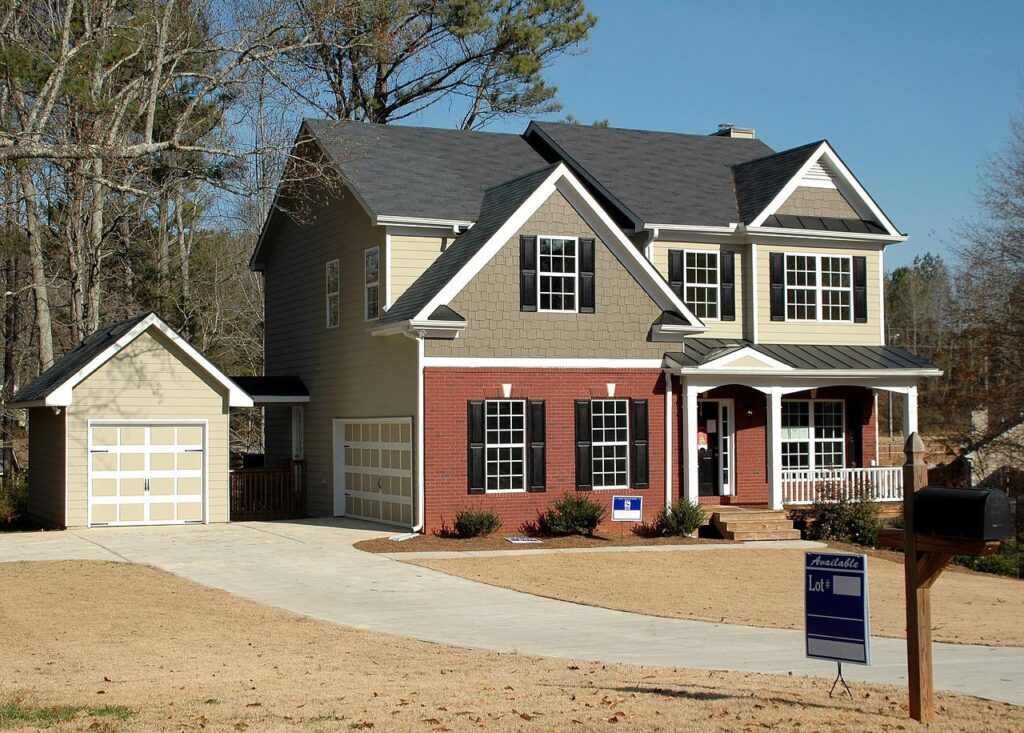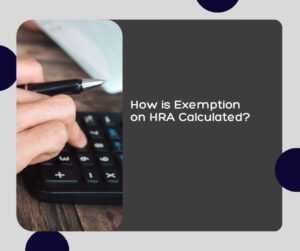New Home Purchase: Should I Rent or Should I Flip?

When people talk about real estate investing, they’re not only talking about one way of investing; real estate investing refers to many different methods by which property can be leveraged in a way that offers returns to the investor. Two of the most popular forms of real estate investment include purchasing properties for renting and also purchasing properties for flipping. Both renting and flipping offer different advantages and disadvantages–the efficacy of each respective approach will depend on each individual investor’s personal goals and circumstances.
Regardless of whether you currently think you’d rather rent over flip, or flip over rent, read on to get a more thorough idea of how the two approaches differ.
Active versus Passive Income
A significant factor to consider when comparing property renting against property flipping is the type of income the investor is interested in. The differences between passive and active income are very important, not only for garnering a better understanding of real estate investment but also because of tax regulations. Passive income is taxed differently from active income.
During a flip, an investor purchases a property knowing that, in order to see a worthwhile return on the purchase, they will need to complete a significant amount of work. Whether they must hire a contractor, or decide to do the necessary renovations, themselves, the income that the home would provide post-flip would be considered to be active income.
Conversely, purchasing a property and choosing to rent it is a way to passively generate income and is technically considered passive income. Many properties that an investor may purchase are ready to live in, and can even come with their own tenants. Importantly, the income will be considered passive income even if an investor manages and maintains their own rental. Taking care of a rental property can be a job in and of itself–when something goes wrong with the property, it’s up to the owner or manager to take care of it. This responsibility is a 24/7 affair. While the income will be considered passive, it may not feel that way at certain times when an investor is putting lots of work into finding tenants, leasing the rental, maintaining it, and making upgrades.
These demands are the main reason many property owners choose to maximize the perceived “passivity” of their rental income by hiring property management firms to take care of the rental, instead. Property managers are qualified professionals that specialize in not only maintaining the property and managing service people but also in interacting with tenants on behalf of the owner’s best interests.
According to Pete Evering with the San Diego-based property manager Utopia Management, “Many property owners choose to hire a property manager to make their rental income feel truly passive in terms of time spent working, which, for the owner, is virtually zero hours. Using a property manager especially makes sense when you’re looking at potentially investing in multiple properties, or simply want to enjoy the benefits of rental income without any of the legwork or drama.”
If an investor wants to spend extra time and effort making the property a desirable addition to the market, to turn around and sell it for a higher (and well-earned) price, then flipping will be their active-income solution. However, if they want a long-term asset that will pay out slowly, but easily, on a regular basis, renting the property will be that passive income situation they’re most likely looking for.
Timing
The prospect of renting versus flipping a real estate investment is a good example of the difference between long-term and short-term investment. Flipping a house tends to bet on the short-term desirability of the respective property, and its likelihood of being purchased when put back on the market. For one, return on investment is a short-term gamble. If you purchase a home in a hot market right before it crashes, the idea of flipping becomes much less attractive. In fact, such a situation would motivate most investors to rent that home, since the rent income would be more sustainable than a potential flip.
Investors with a mind for long-term, conservative investments may be better off with a rental property than with a flip. Flips expose investors to a bit more risk than rentals, especially since they depend on the investor’s ability to renovate and sell the home. A rental is much easier to occupy, allowing the investment to generate income without risking the asset.
An investor who is interested in seeing immediate returns is someone who is likely to be better off with a house flip. A rental requires patience, and often years of renting, to generate cash flow and higher total returns than the initial investment. Oftentimes, optimizing the profitability of a rental requires more diligent investment strategizing, long-term resilience against unstable market factors, and more experience than generating profitability with a flip. However, a real estate flip usually does better when the investor has an intimate knowledge of renovation and the home-selling process.
Both approaches, be it renting or flipping, thrive from different skillsets, so investors with certain backgrounds may be more attracted to one option than another. It all depends on the investor’s personal situation, and no two situations are the same. Always consult with credentialed experts before making any investment decision, including real estate professionals, attorneys, accountants, and perhaps other investors that have more experience than you.

Pranab Bhandari is an Editor of the Financial Blog “Financebuzz”. Apart from writing informative financial articles for his blog, he is a regular contributor to many national and international publications namely Tweak Your Biz, Growth Rocks ETC.








